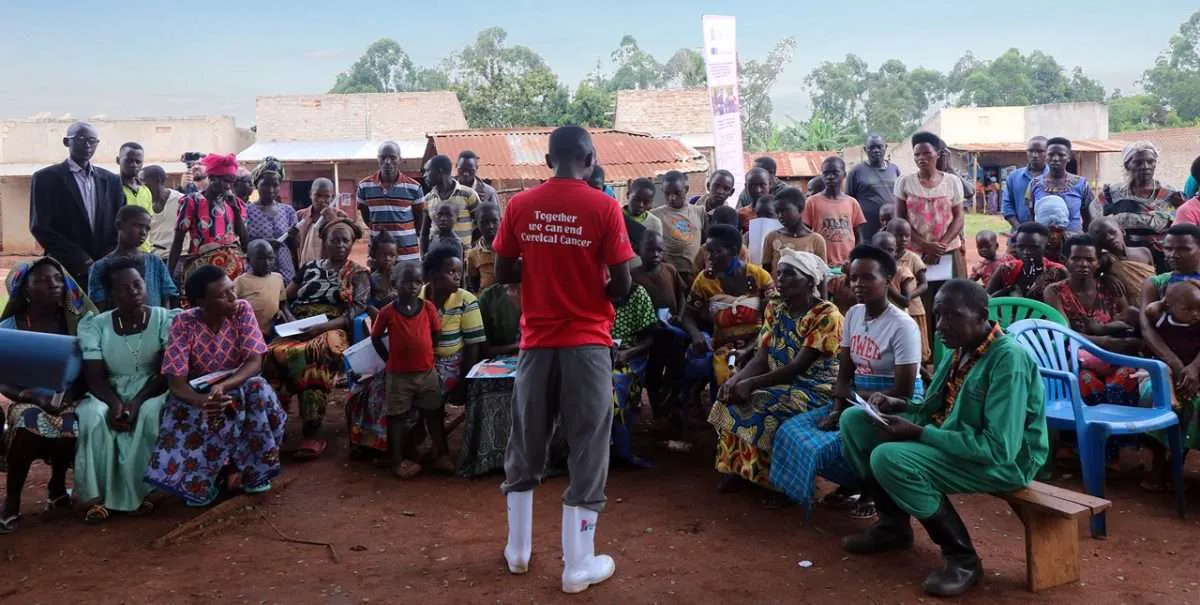Understanding Cancer in Uganda
Breaking the Silence: Understanding Cancer in Uganda and How You Can Help
Cancer is a word that evokes fear and uncertainty, yet it is a reality many Ugandans face daily. Unfortunately, misconceptions, stigma, and inadequate healthcare infrastructure often make it harder for patients to access timely diagnosis and treatment. By breaking the silence and fostering awareness, we can create a brighter future for cancer prevention, treatment, and support in Uganda.
The Growing Burden of Cancer in Uganda
Cancer is no longer a rare disease in Uganda. According to the Uganda Cancer Institute (UCI), cases have steadily increased over the past decade. Cervical cancer remains the leading cause of cancer-related deaths among women, while prostate cancer dominates among men. Other common types include breast, liver, and esophageal cancers.
Many factors contribute to the rising burden, including:
- Limited Awareness: Many people don’t recognize the early signs of cancer, leading to late-stage diagnoses.
- Lifestyle Changes: Increased tobacco use, alcohol consumption, and unhealthy diets have heightened cancer risks.
- Access to Care: Healthcare services, particularly in rural areas, are often under-resourced, delaying critical treatment.
Why Early Detection is Key
One of the greatest challenges in Uganda is that over 75% of cancers are diagnosed at advanced stages, when treatment is less effective. However, early detection can significantly improve survival rates. Regular screening for common cancers like cervical, breast, and prostate cancer is vital. Programs that promote HPV vaccination for young girls are also crucial in preventing cervical cancer.
How You Can Help
Whether as an individual or part of a community, there are many ways to contribute to cancer awareness and care in Uganda:
- Promote Education and Awareness
Share information about cancer symptoms, risk factors, and the importance of early detection. Community forums, social media platforms, and schools can be powerful avenues for education. - Encourage Regular Screening
Advocate for affordable and accessible screening services. Partner with organizations like UCI or NGOs to bring mobile screening units to rural areas. - Support Cancer Patients
Cancer treatment can be financially and emotionally draining. Consider supporting patients and their families through donations, fundraising, or volunteering at cancer care centers. - Advocate for Policy Change
Work with local leaders to advocate for improved healthcare funding, subsidies for cancer treatment, and expanded vaccination programs. - Adopt a Healthy Lifestyle
Lead by example by adopting habits that reduce cancer risks. Avoid tobacco, limit alcohol, eat a balanced diet, and stay active. Encourage others in your community to do the same.
Success Stories: Hope in Action
Organizations like the Pacer Cancer Support Consortium have made strides in raising awareness and providing support to patients. Additionally, grassroots efforts, such as village health teams conducting door-to-door education, are making a significant impact.
Would you like me to expand on the work of Pacer Cancer Support Consortium or provide more details about their initiatives?
A Shared Responsibility
Cancer affects everyone—regardless of age, gender, or background. By breaking the silence, we not only empower individuals to take control of their health but also build a unified front against this disease. Together, we can turn the tide on cancer in Uganda, one life at a time.
Take action today—spread the word, support a cause, and help create a future where cancer is no longer a silent killer in Uganda.
